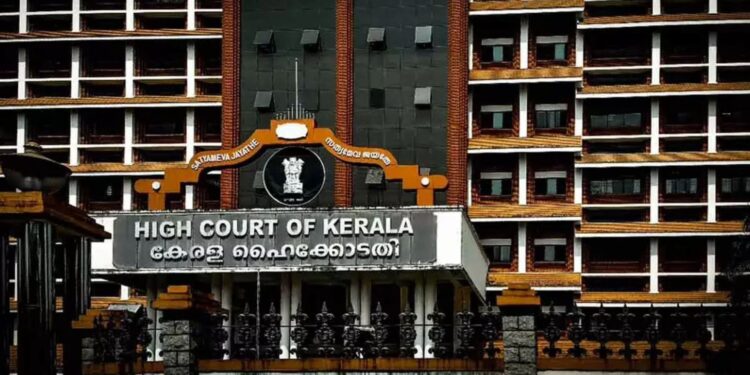The Kerala High Court recently criticized the Child Welfare Committee (CWC) for making custody decisions based on moral judgments rather than the best interests of the child. This reprimand followed a petition by a mother challenging the CWC’s order that granted custody of her child to the father.
The CWC’s decision included morally biased remarks against the mother, noting that she had left her husband with their then three-month-old infant and later entered a relationship with another man. Justice VG Arun observed that the Committee’s conclusions were rooted in the personal prejudices of its members, emphasizing that the Committee’s sole focus should be the child’s welfare. “A mother’s personal choices do not define her as an unfit parent. Judgments based on moral values risk compromising fairness,” the Court remarked, citing the earlier Aneesa F v. Shafeekmon KI decision.
The Court further rebuked the CWC for disregarding the child’s right to be breastfed, stating that separating the mother and her young child infringed on Article 21 rights under the Constitution, which safeguard both the mother’s right to breastfeed and the child’s right to receive nutrition. This right, the Court noted, aligns with the State’s duty to enhance nutrition.
Additionally, the Court clarified that under the Juvenile Justice (Care and Protection of Children) Act, 2015, the CWC can intervene in custody matters only when both parents are unable or unwilling to care for the child. Here, both parents were willing and capable, rendering the CWC’s intervention unnecessary. The Court highlighted the Parens Patriae principle, which justifies CWC involvement only when biological parents fail to fulfill their protective roles.
Considering the oversight of these crucial factors, the Court quashed the CWC’s order and instructed that the child be returned to the mother immediately. It expressed dismay that the child had been deprived of maternal care for nearly a month due to the Committee’s order.

















